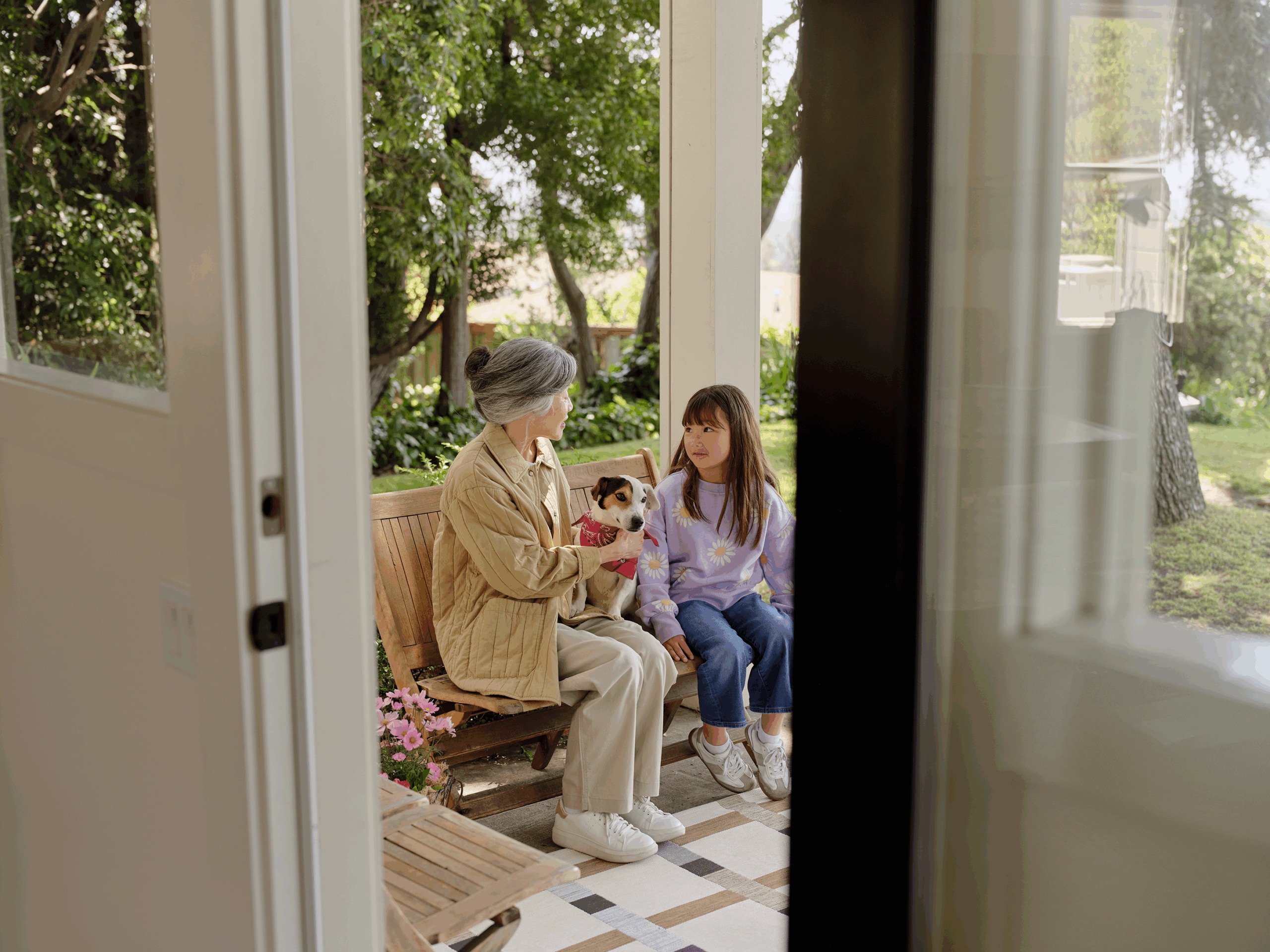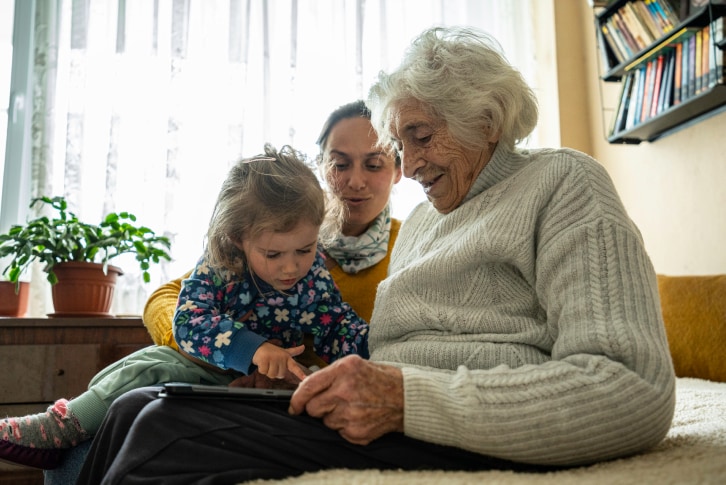Last week, I had the privilege of joining the Care.com team in Washington, D.C. to moderate a candid and deeply human conversation at the SHRM and Elizabeth Dole Foundation’s Supporting Caregivers in the Workplace Summit. The room was filled with executives, HR leaders, policymakers and advocates, but what shaped the day more than anything were the stories.
The summit opened with powerful accounts from caregivers navigating impossible circumstances. One man described balancing full-time work while grieving the loss of his wife — a situation that I’ve also personally navigated. Another shared how her son’s mental health challenges collided with a workplace unable to support her. A woman who stepped out of the workforce for ten years to care for her husband spoke about what returning to work meant.
As a CEO and a single dad of three teenagers, these stories hit close to home. Caregiving has shaped how I lead and how I view the role of employers. It’s not just a personal matter employees bring into work — it is part of the work and part of what defines today’s workforce.
Understanding caregiving makes it impossible to ignore
What struck me during the summit is that many employees who are carrying these responsibilities don’t identify as caregivers. They say they’re just helping family or assume someone else has it harder. But without naming their role, they often don’t seek support or access the benefits designed for them. Identity is the first barrier. When people don’t consider themselves caregivers, the systems around them struggle to recognize or support them.
That awareness is essential because once employees see themselves as caregivers, it becomes clear that caregiving isn’t an individual issue. It never has been. Caregiving has direct implications for workforce participation, retention, productivity and engagement. It shapes whether people stay, how they perform and what they need from their employers. Organizations feel its impact every day, whether they acknowledge it or not.
And while caregiving is often framed as a burden, it also builds extraordinary capabilities. Anyone who has managed medical care, coordinated support or advocated for a loved one has developed resilience, empathy, prioritization, crisis management and an ability to navigate ambiguity — all qualities that strengthen teams and organizations. Companies that recognize this will be the ones that retain and elevate incredible talent.
A caring workplace starts at the top
In my conversation with Karen Bennett of Cox Enterprises and Subha Barry of Seramount, one message came through loud and clear: culture only shifts when leaders do. Policies and benefits matter, but they can’t drive change on their own. Employees look to leadership for permission to speak up, to ask for help, to be human. I try to model that openness with my own team by talking honestly about my caregiving challenges — from taking on this CEO role during my wife’s cancer battle to the daily balance of raising three teenagers on my own. These experiences remind me that the need for care is universal and that finding the right support is often hard. That’s why we’re working so hard to change that.
With that in mind, I opened our session by sharing my own caregiving experience. Vulnerability from leaders creates psychological safety. It signals that caregiving and ambition aren’t mutually exclusive. And it gives employees room to be honest about what they’re navigating without fear of being judged or sidelined.
But empathy is only one part of leadership. The other is data. Companies that are leading in this space are using analytics to understand absenteeism, retention patterns and the ROI of caregiving support. Pairing empathy with data elevates caregiving into the C-suite, where it belongs.
The call to leadership
My biggest takeaway from the summit is this: caregiving is a defining feature of today’s workforce and one of the most important leadership priorities of our time.
People will always face caregiving challenges at home. We can’t change that. But we can change how supported, valued and understood they feel at work. We can build cultures that see caregiving as a source of strength. We can make benefits easy to access and managers confident in supporting their teams. And we can talk openly at every level about our own caregiving journeys so others feel safe doing the same.
Because ultimately, when employees can depend on care, employers can depend on them.






